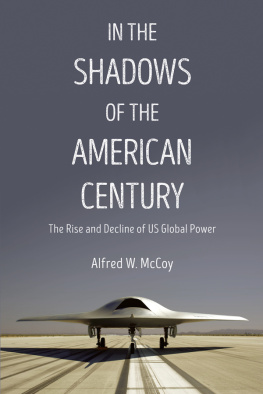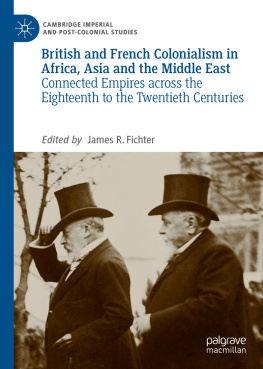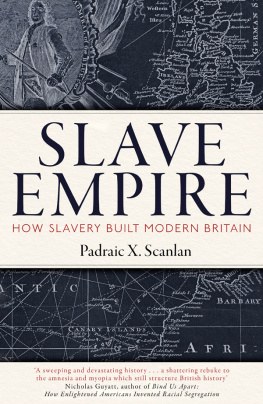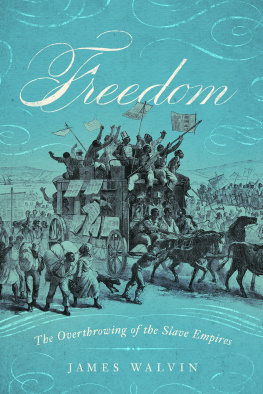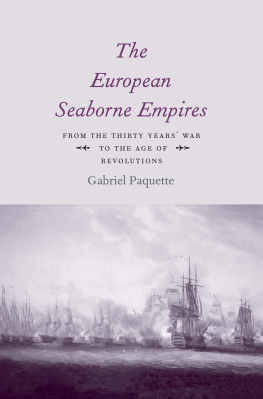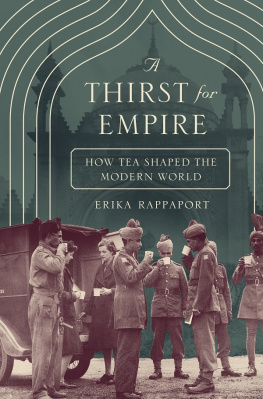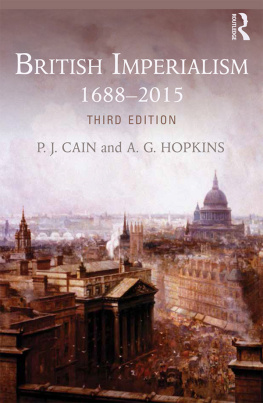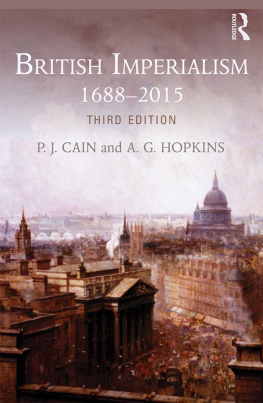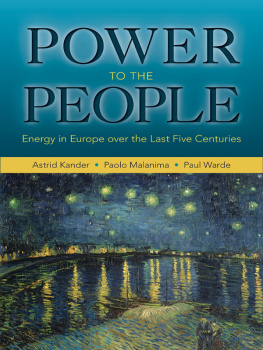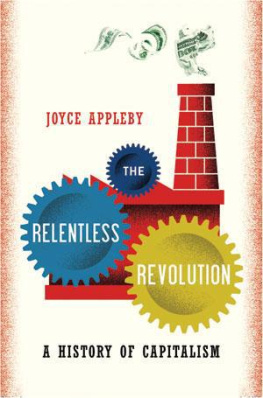Praise for To Govern the Globe
To Govern the Globe is a brilliant distillation of 700 years of geopolitics, exposing how we arrived where we are, amid the worsening climate crisis and collapsing world orders. Al McCoys eloquently written book is a call to action for us all, as time still remains to prevent an unprecedented cascade of catastrophes. AMY GOODMAN, host of Democracy Now!
In To Govern The Globe , Alfred McCoy deftly shows how successive world orders, seemingly entrenched and impossible to uproot, eventually decline. Periods of imperial decay, marked by unbridled greed, military overreach, and the spread of disease, can also give rise to revolutionary new perspectives. Where is the United States now, in the bloody, ultimately futile cycle of conquest and ruin? McCoys provocative work generates probing questions about our global capacity for humanism and our collective chances for survival. With new cold wars looming between the US, Russia, and China, McCoys writing is an indispensable guide for coping with the twin terrors of climate catastrophe and multiple pandemics. KATHY KELLY, peace activist and co-coordinator of the Ban Killer Drones campaign
A fascinating look at the rise and fall of empires and what it means for world orders. From colonial exploitation and capitalist ravaging of people and planet to arms-racing and warfare, Alfred McCoy offers a deep dive into how this history has led to the climate crisisand the impacts it will have on our future. RAY ACHESON, disarmament program director at the Womens International League for Peace and Freedom
In an age where most scholars concentrate on a limited specialty, no one sees a bigger picture more brilliantly than Alfred McCoy. In this powerful, enlightening, and frightening book he gives us a magisterial view of the empires of the pastand of the force in our future that promises to dwarf them all. ADAM HOCHSCHILD, author of King Leopolds Ghost
To Govern the Globe is history on an epic scalesweeping, provocative, and unsparing in its judgments. Alfred McCoys immensely readable narrative spans centuries, charting the rise and fall of successive world orders down to our own present moment, shaped by Chinas emergence as a great power and the blight of climate change. ANDREW BACEVICH, author of After the Apocalypse: Americas Role in a World Transformed
Its hard to believe a book spanning seven centuries could be so timely. Yet Alfred McCoys probing and original study links the fate of multiple empiresincluding Pax Americanato the all-too-relevant histories of protracted war, brutal exploitation, and catastrophic medical, environmental, and demographic crises. CHRISTIAN G. APPY, author of American Reckoning: The Vietnam War and Our National Identity
To Govern the Globe
World Orders and Catastrophic Change
Alfred W. McCoy
2021 Alfred McCoy
Published in 2021 by
Haymarket Books
PO Box 180165
Chicago, IL 60618
773-583-7884
www.haymarketbooks.org
Distributed to the trade in the US through Consortium Book Sales and Distribution (www.cbsd.com) and internationally through Ingram Publisher Services International (www.ingramcontent.com).
ISBN: 978-1-64259-675-5
Cover design by Eric Kerl.
Published with the generous support of Lannan Foundation and the Wallace Action Fund.
Special discounts are available for bulk purchases by organizations and institutions. Please email for more information.
Library of Congress Cataloging-in-Publication data is available.
For my sister, Dace, and her husband, Sir Richard Ground,
who devoted their working lives to doing large things in
small placeshe as chief justice of Bermuda and she as
founder of the National Trust for the Cayman Islands,
which saved a species, the blue iguana, from extinction
Contents
by Jeremy Scahill
Maps and Graphs
)
)
)
)
)
)
)
)
)
)
)
)
)
)
)
Foreword
A lfred McCoy rose to prominence as a historian during the Vietnam War era when he blew the lid off the CIAs role in heroin trafficking in Southeast Asia. Though McCoy is undoubtedly a brilliant scholar, that moniker hardly captures the true spirit of the immensely consequential and groundbreaking work he has given to us all.
For decades, McCoy has gone to where the history is unfolding, and, like an archeologist, has dug away to reveal stories that would otherwise go untold. McCoy was nearly killed by US-backed paramilitaries early in his career, and the CIA was so concerned about his revelations on drug trafficking that it tried to stop the publication of his book The Politics of Heroin . He was spied on by the FBI, audited by the IRS, and viewed as a threat by other three-letter agencies.
McCoy is one of the most eminent scholars in the world on the abuse of power and authority, on surveillance and repression, on the historical evolution of state-sanctioned torture in the United States and elsewhere, and, more recently, on the rapidly declining state of the US empire.
McCoys latest book, To Govern the Globe , is a formidable work of scholarship spanning an incredible arc of world history. Yet it is a gripping and fast-paced read that manages to distill the complex history of the rise and fall of world empires into a narrative that is simultaneously exhilarating and terrifying. The books scope is so massive that only a scholar of McCoys skill could even consider attempting to capture it. McCoys meticulous understanding of the past and present failures and excesses of empires gives him the rare credibility to offer a detailed, damning picture of the grim realities humankind faces as history transforms into our future. After reading To Govern the Globe , however, I must conclude that embedded within McCoys book is a ray of hope demanding to be seen by us all before its truly too late.
Jeremy Scahill, August 2021
Authors Note
T his book arose from the coincidence of two accidents, one imagined and the other all too real. During the first weeks of a sabbatical from the University of WisconsinMadison, I was much taken with the idea of a book that would analyze the rise and fall of empires through their geopolitics. For nearly a month, the project raced along at accelerating speed, hitting five, six, seven thousand words until, unexpectedly, it crashed into a conceptual wall, leaving a wreckage of factors and actors lying on my desk. I had tried, and failed, to explain the multifaceted phenomenon of empire through a monocausal argument.
To recover, I called my editor, Tom Engelhardt. Thanks to a few minutes of his oblique, Zen-like questions without answers, I plunged into weeks of thought that led, in February 2019, to a short essay for his online journal TomDispatch that contained the core argument for this book.
About the same time my initial book idea crashed, I had an actual accident, slipping on black ice in the middle of a harsh Wisconsin winter and shredding three of the four tendons in my right knee. When I awoke from surgery, I was in a locked leg brace that prevented me from driving, flying, or even walking more than a few steps. For nearly four months, all I could do was sit at the kitchen table, leg propped up, hands at the computer, reading and typing eighteen hours a day, seven days a week. By the time the leg brace came off at the start of summer, I had turned that short article into a first draft of this book.


